Of course, you know the legendary Ulundhu Vadai, but do you know of its unidentical twin Ulundhu Bonda? What about its first cousin Punugulu. Take a few minutes to read what we have to say and we promise you, when these lines come to an end, we’ll have you well acquainted with the family tree of the crispy, soft, and a contradiction of a snack we all call Medu Vadai.
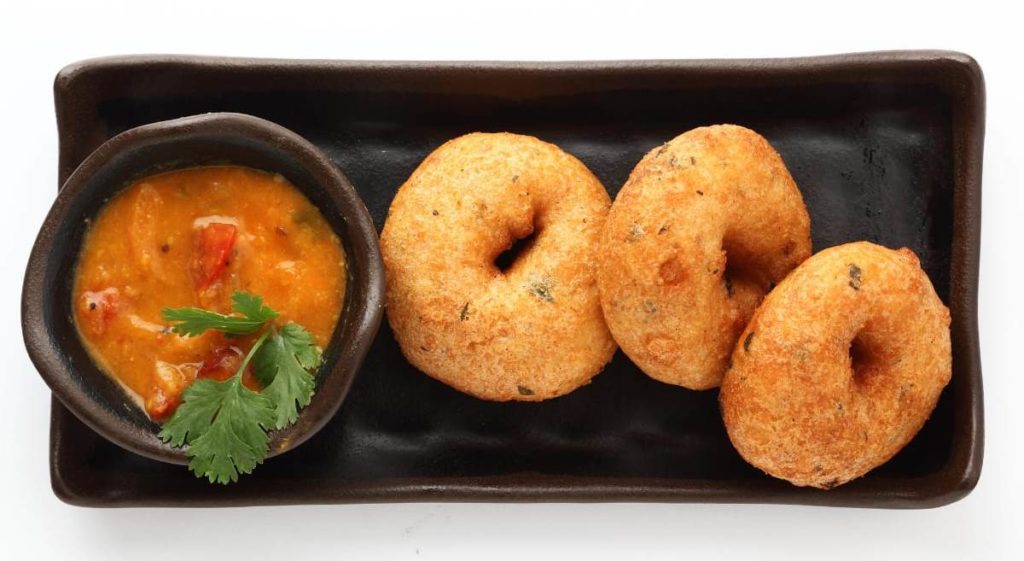
Some say Medu Vadai originated in Sri Lanka and some say it was Karnataka, but if you ask us, we say, it all began in the nooks and crannies of our grandmother’s humble kitchen. Come Pongal, or come Sunday, the air smells like Vadai. You follow this smell and it leads you to the kitchen, where we find our grandmothers sitting beside quite a sizeable Cast Iron Kadai filled with aromatic groundnut oil set aflame on a viragu adupu. Our grandmothers, with our mothers, huddled nearby, take a small piece of banana leaf and use them to layout the Medu Vadai with only the thumb moving in synchrony to make holes at the center before it is dropped into the hot oil. Is this where the phrase, drop it like its hot originated? We don’t know, but what we do know is that, when the oil sizzles and the Vadais puff up, all golden brown and crisp, that’s love right there.
This is where you must let your mind wander, we don’t know of aliens or strange creatures of the sea, but we do know that in every nook and cranny of South India, the Medu Vadai is omnipresent. Just like the gods and goddesses we worship, our beloved Vadais too exist in all states, just in different forms. Don’t believe us? Well, here’s the list!
Punugulu
Pungulu is a popular street snack in the coastal regions of Andhra. It has the same ingredients as the Medu Vada, but this one is shaped into small little dough balls that are easy to pop in the mouth. Just like any street food, this one has many little variations too. For example, some add sour curd to get a soft texture and tangy flavour while others prefer to ferment it.

But one of our most favourite ways to eat this snack would be to sprinkle a generous amount of finely chopped raw onion over these fried Punugulus and sprinkle some idli podi on top. These are then dipped into spicy chutney made out of Guntur chilli, onion, and garlic. What a way to bring up the oomph factor in a snack, huh?
Uddina Vade & Bonda Soup
Uddina Vade is the Kannada name for Ulundhu Vadai. But this literal translation has its Banglorean tweaks. What is that? Well, in Karnataka, the size of an average Ulundhu Vadai is two times bigger than it is in Tamil Nadu. You can almost always find many slivers of freshly sliced coconut giving the Vade an added crunch with every bite.
Its colonial cousin is the comforting Bonda soup which is Bondas made with the same ingredients as a Medu Vadai but once fried, they are immediately dunked into oodles of piping hot rasam which is then brought to you as Bonda soup.
Uzhunnu Vada encrusted by Pearl Onions
The Keralites go a little extra on their Uzhunnu Vada (Ulundhu Vada) by adding sliced shallots aka pearl onions rather than adding regular red onions to the batter. It gives it quite an aroma and with every bite, the tender sweetness of these onion slivers reminds us why it is a much better choice.
Ulundhu Bonda & It’s Mighty Clan
We’ve gone around South-India and come back to Tamil Nadu simply because, day or night, we never, ever give our Medu Vadais a rest. At any given point of the day, the relentless vadai and its colonial cousins jump onto our plates in different forms. Don’t believe us? Case in point, Ulundhu Bonda, Sambar Vadai, Rasa Vadai, Thayir Vadai, Mysore Bonda, and if we go on any longer, we’re going to have to start writing down your orders.
Which of these vadais do you enjoy the most? Is it the star attraction or its equally popular cousins? Let us know and we’ll direct you towards the contraption you can use to make it traditionally, authentically, and sustainably!

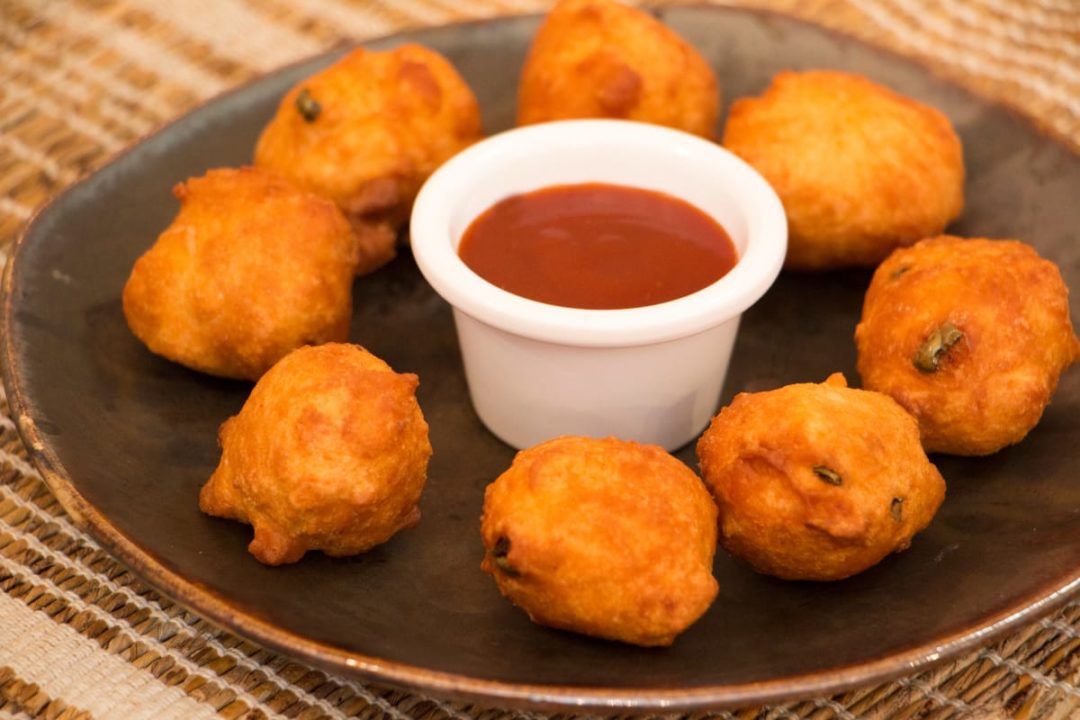
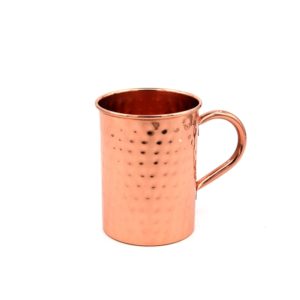
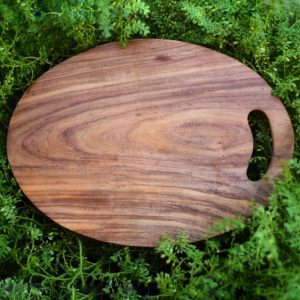
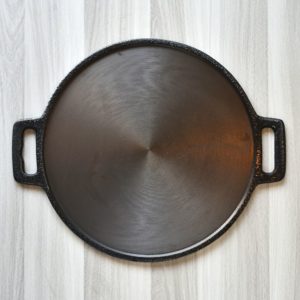
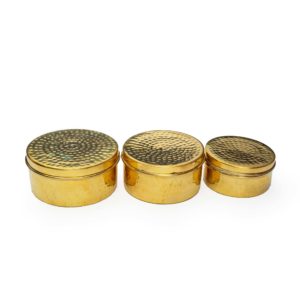





I enjoy Uddina Vade & Bonda Soup
one another question
Do you guys ship to canada
Yes we do ship to canada.